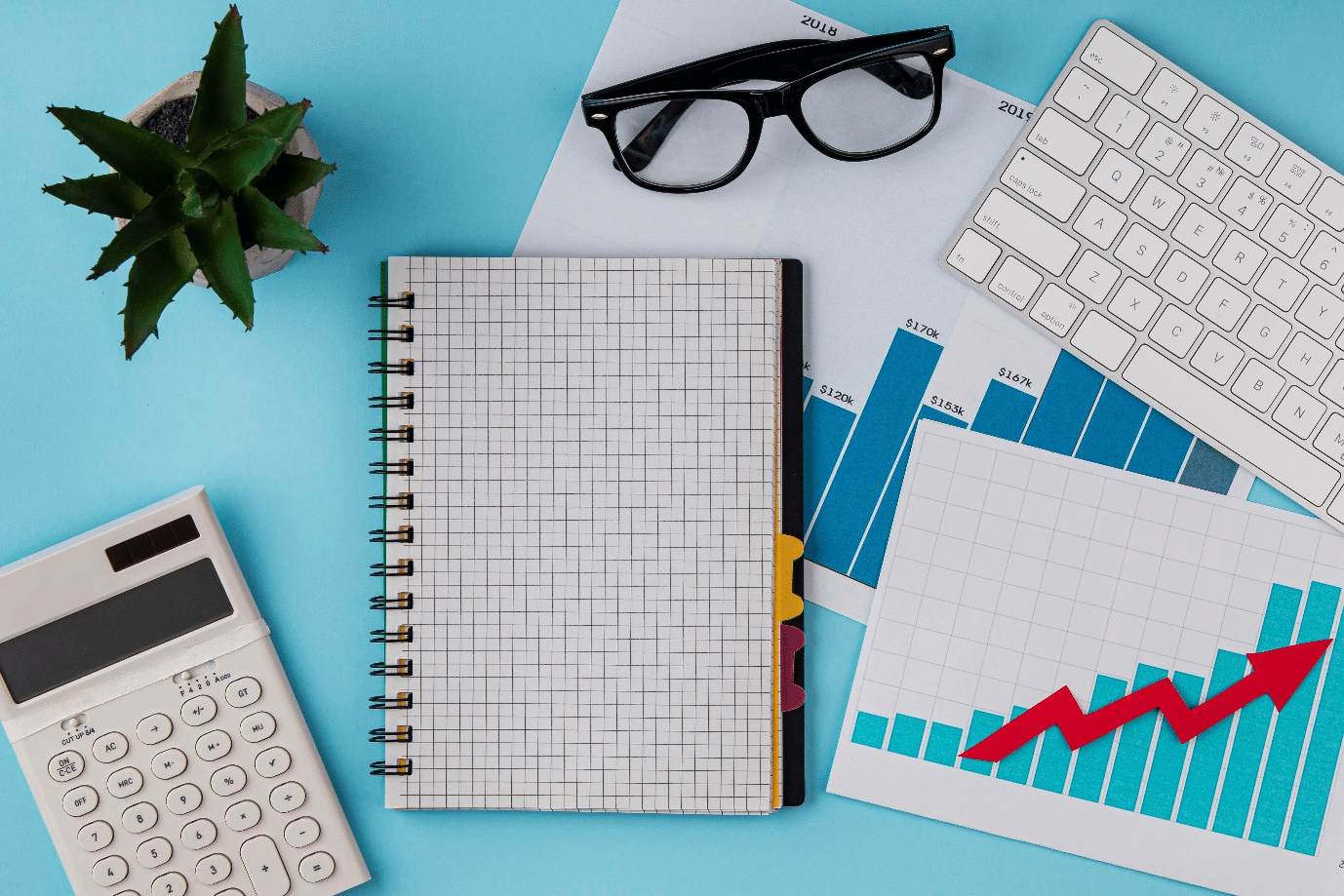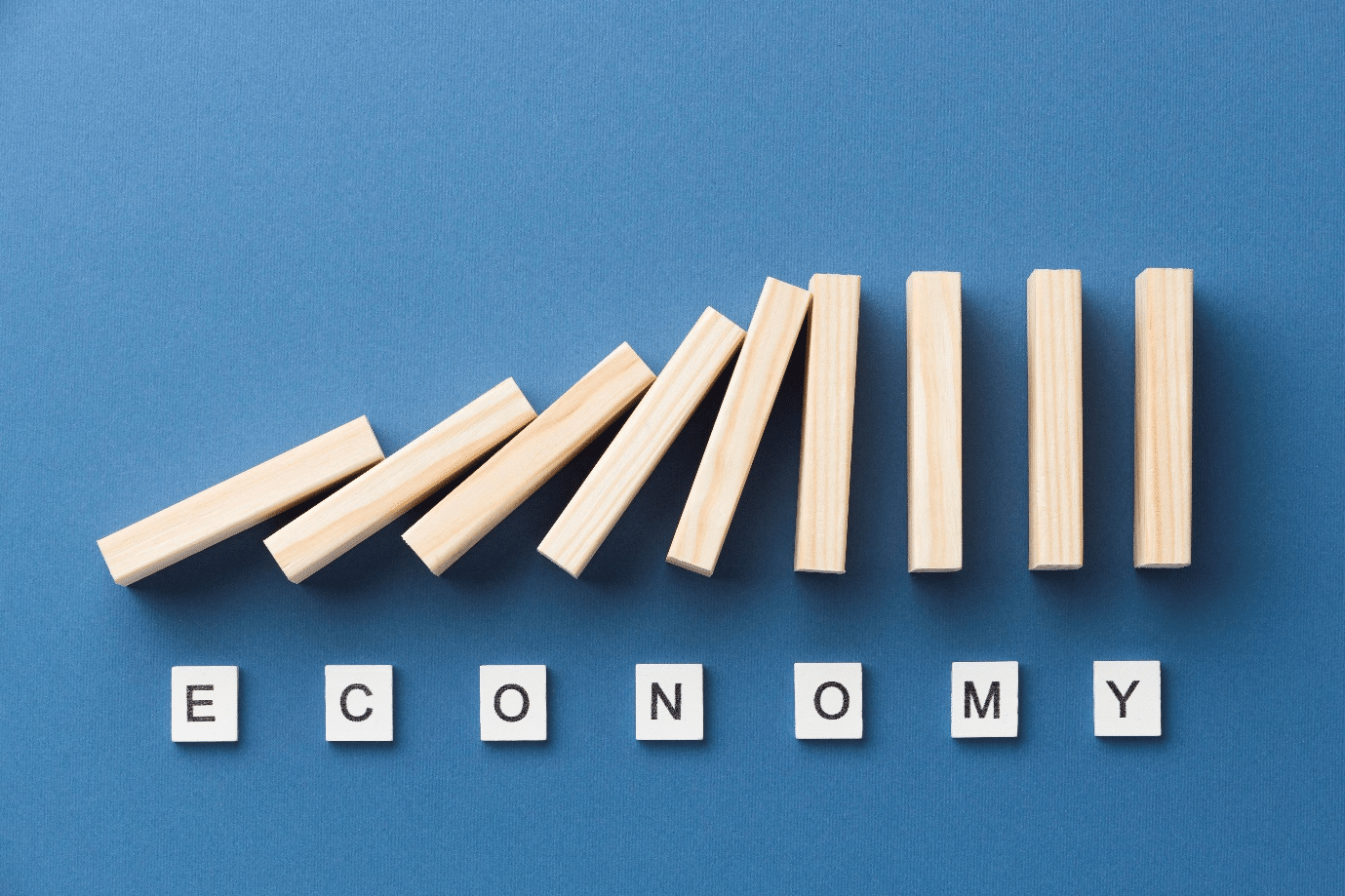
Market and economic conditions change every day. Economic climate refers to a country’s economic conditions, including its ability to produce goods, services, and jobs. In the business world, everything is interconnected, and any change in economic conditions affects a business’s prospects.
If you are planning a business valuation in Las Vegas, it is necessary to understand the market. Timing can be crucial because there are several ways in which the economic climate impacts business valuations.
Business valuation involves valuing a business’s ability to operate successfully in the future. Investors want to ensure that the company they are investing in will bear fruit in the future. Thus, different methods are applied depending on the age, size, and type of business, but all the methods require studying the economic climate.
There are many methods and approaches for business valuation. For example, new businesses often use the Market Approach, where they resort to comparable transactions corresponding to similar companies for valuation.
One of the most common methods for ongoing businesses is the Discounted Cash Flow Method. The method involves a near-accurate estimation of the business’s profits for the coming years, so the investors can ascertain whether the company is worth investing in.
Every business uses a business valuation method that requires studying the market closely to assess whether investing is profitable.

Whether it is estimating a company’s profit or studying other companies, there are certain factors that business valuers must look into during business valuation in Las Vegas.
One of the major functions of the Federal Reserve is to keep interest rates in check, so investments are boosted, and money doesn’t leak from the economy. Increased interest rates mean business owners must pay higher interest to the banks. It is bad news for small and large businesses, as it increases debt and lowers operating profit.
On the other hand, if interest rates are low, companies pay less to the banks, allowing them to invest the money back in their businesses.
For consumers, it means different things, though. As businesses are also consumers, low-interest rates encourage them to take out a business loan. But it can result in a huge influx of money in the market, which isn’t good for the economy.
Thus, the Federal Reserve keeps a close eye on interest rates. Suppose the interest rates keep fluctuating regularly, and the business requires a regular influx of money. In that case, investors might be reluctant to invest in your business, as your profit and loss account will not present an attractive picture.
The economy runs in cycles. People get jobs, acquire spending capacity, and demand goods and services, which requires industries to produce more goods and services, for which they need more people, and this cycle goes on.
A country with a high unemployment rate has more people but less demand. It results in less employment and, thus, less spending.
Levels of employment in a country directly impacts its businesses and their growth. Thus, the government’s job is to ensure a favorable atmosphere for businesses to thrive and generate more employment.
Having a job doesn’t necessarily mean having higher spending power. Numerous goods and services are divided into different classes on various bases, such as necessary, luxury, demerit, and free.
Some products are necessary and are always in demand, such as food. Then some items are bought when customers have spare purchasing power, e.g., AC, car, and other luxury items.
Not every industry has demand, which plays a crucial role in business valuation in Las Vegas. The business valuer is required to understand the business, the relevant industry, its growth prospects, and how changing economic conditions can impact it. For example, during a financial crisis, the demand for luxury products falls while the demand for necessary products increases. An example is the increased demand for grains and medicines during the COVID-19 pandemic.
In a healthy economy, consumers have spending power, which creates demand, and results in production.
No matter how small a business is, it is impacted by the economic climate, and thus, business valuers need to undertake an in-depth assessment of every relevant factor. Without a proper study, presenting a true and fair view of a company’s future is impossible, which can be misleading to investors. The above blog has discussed the economic climate’s impact on business valuation in Las Vegas, which must be helpful for you to understand its relevance and importance.
Wiley Financial Services is a full-service accounting firm, specializing in Business Appraisals and Business Valuations, that has over 20 years of experience with a variety of industries ranging from restaurant, biomedical, manufacturing, advisory firms, nurseries, event design firms, IT firms, and many more. Wiley Financial is based in Oceanside, CA and we primarily service clients across the Western United States from our San Diego office.